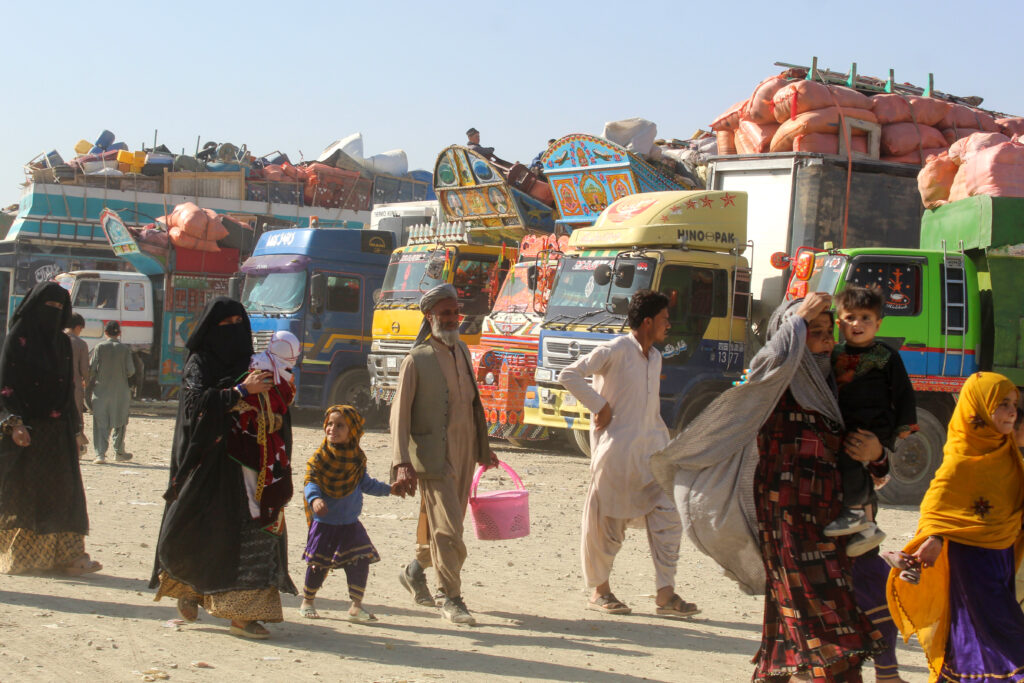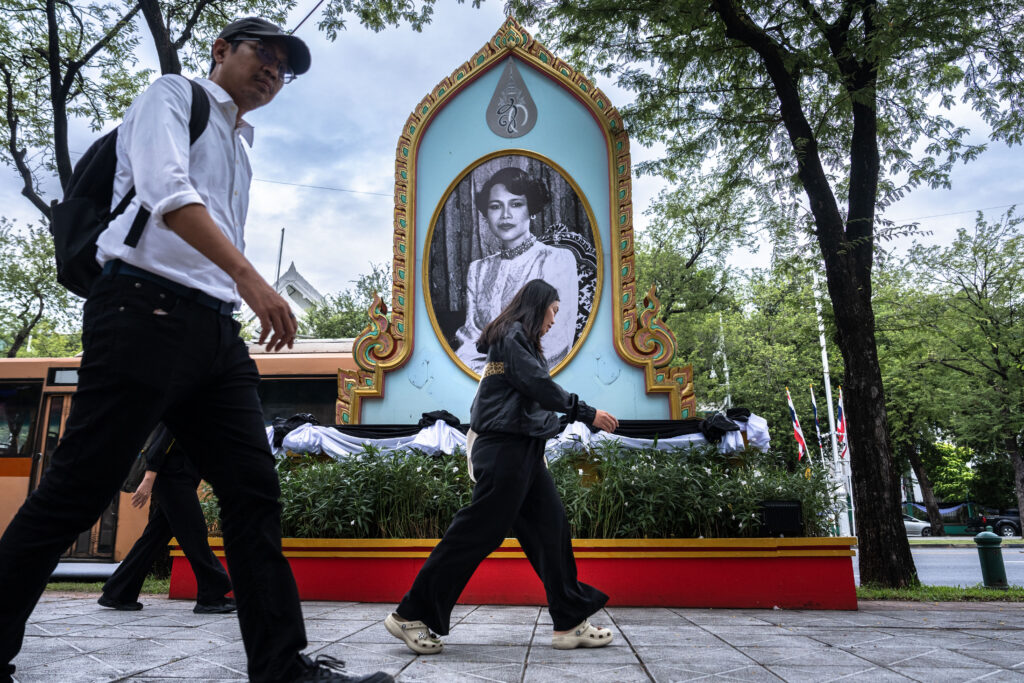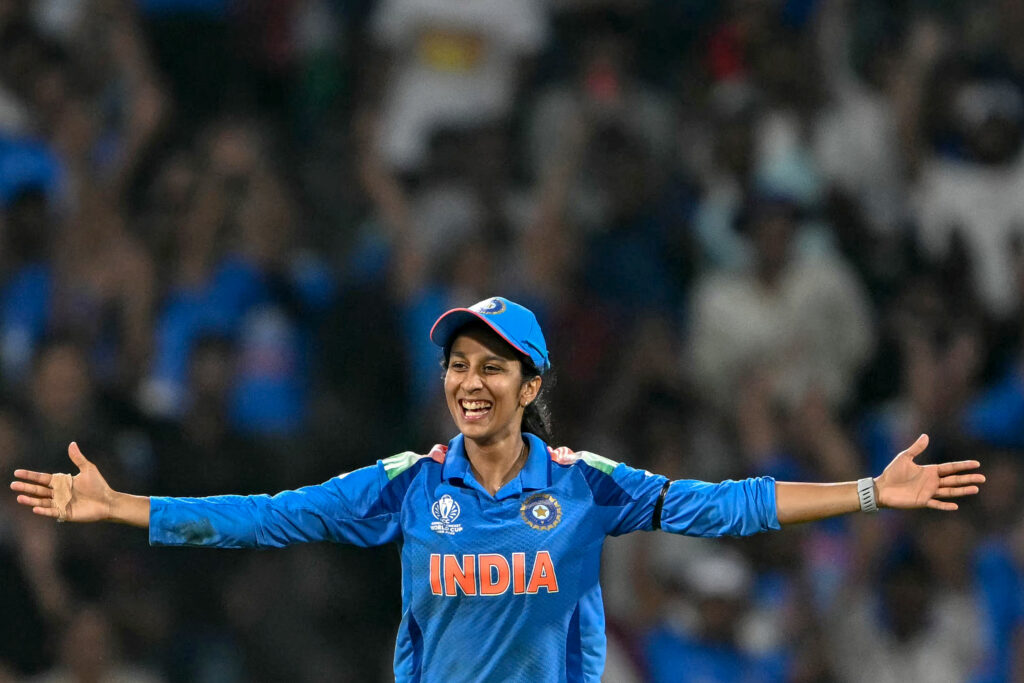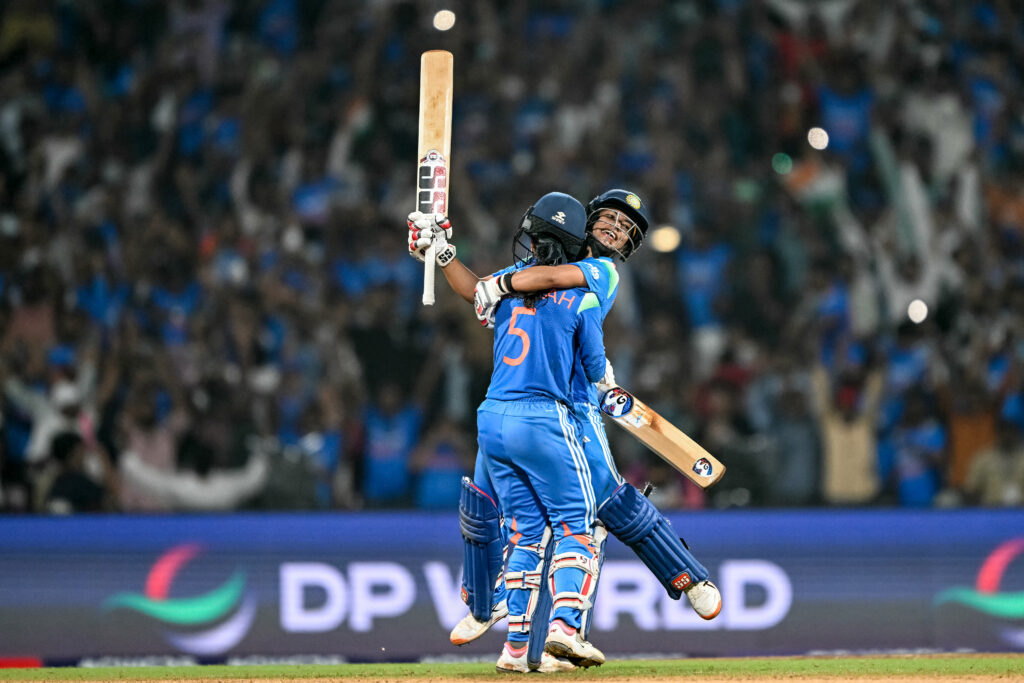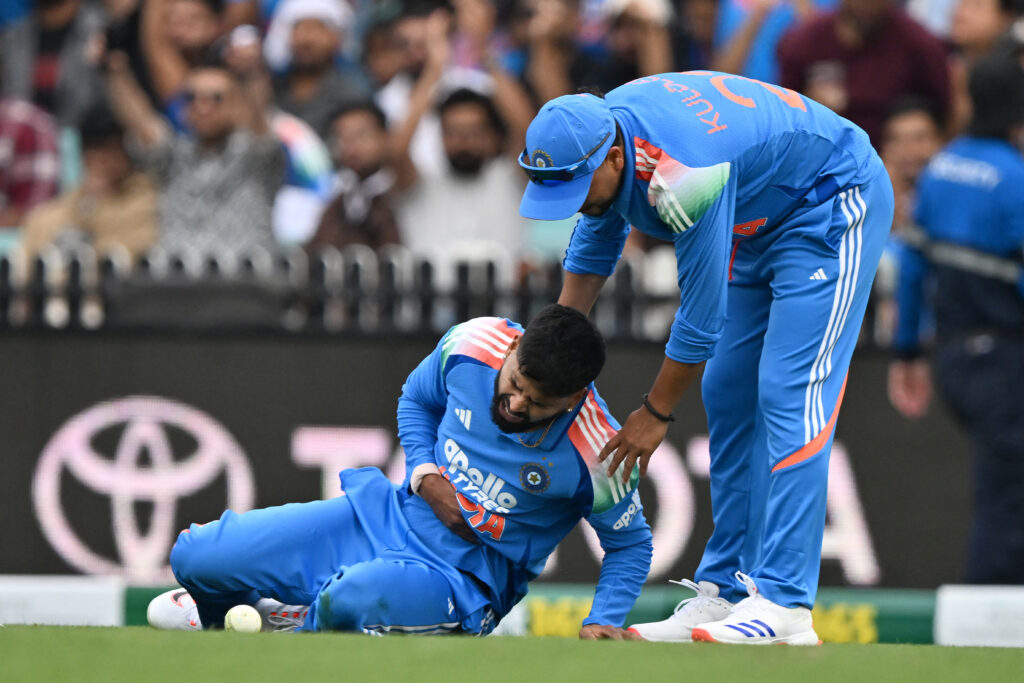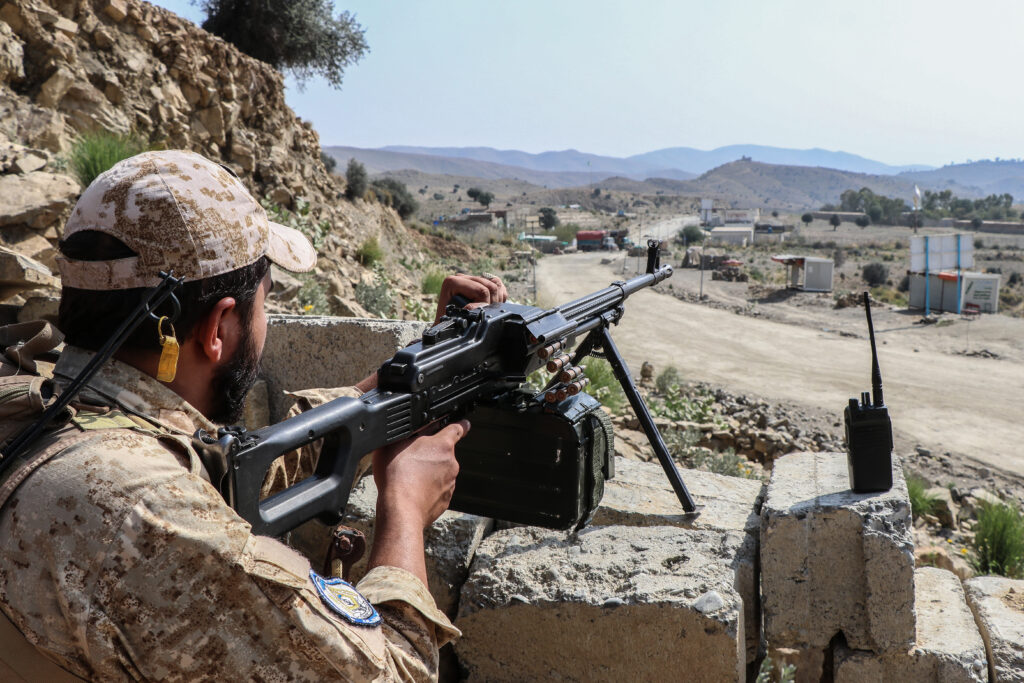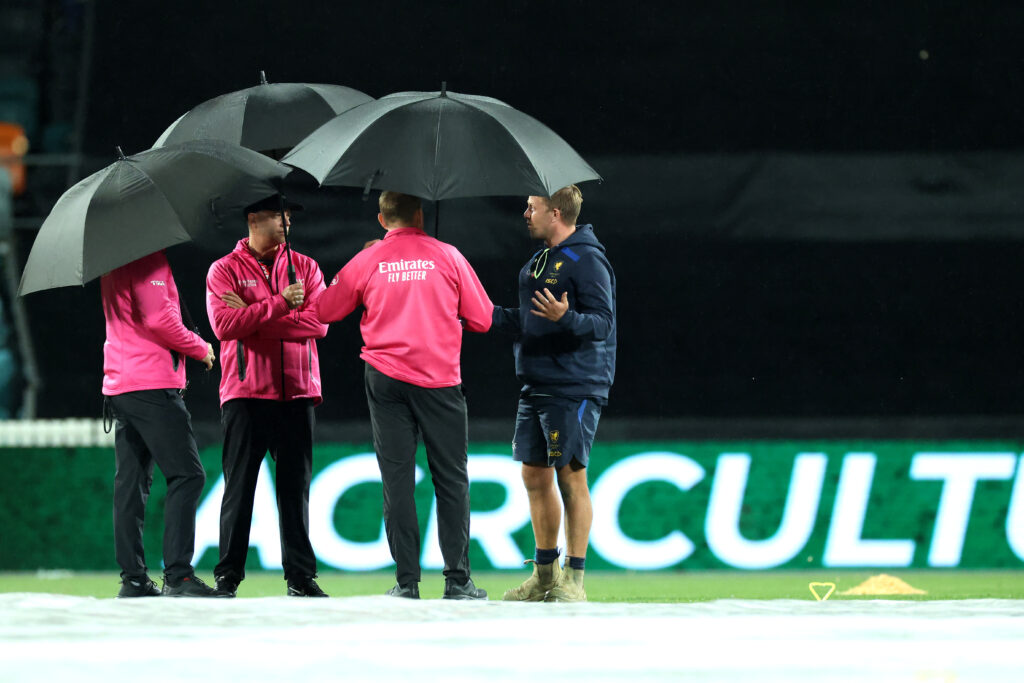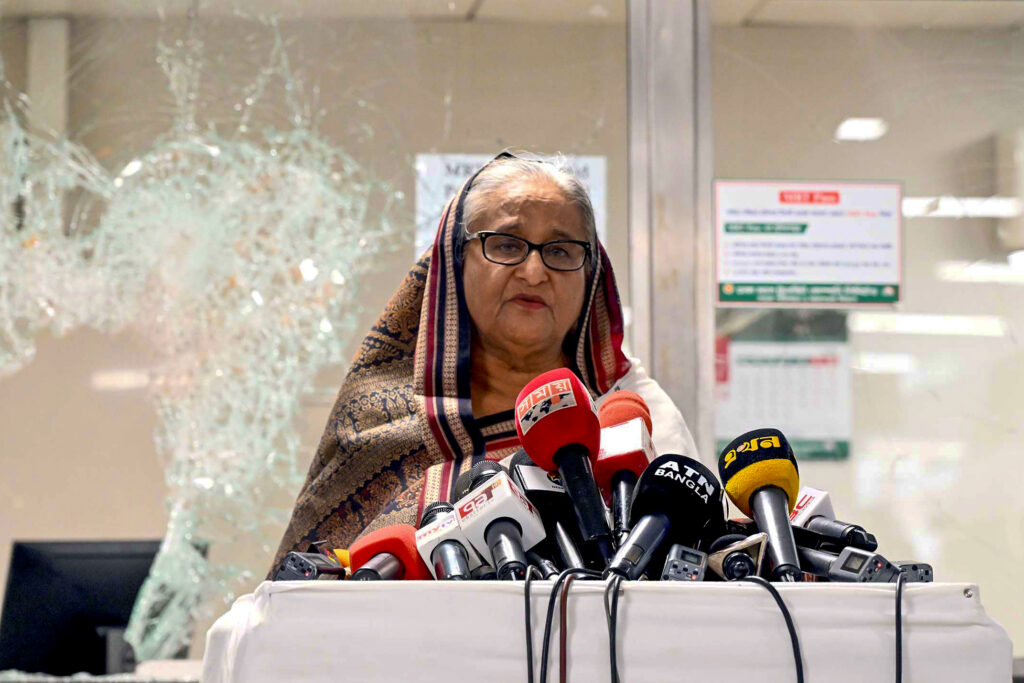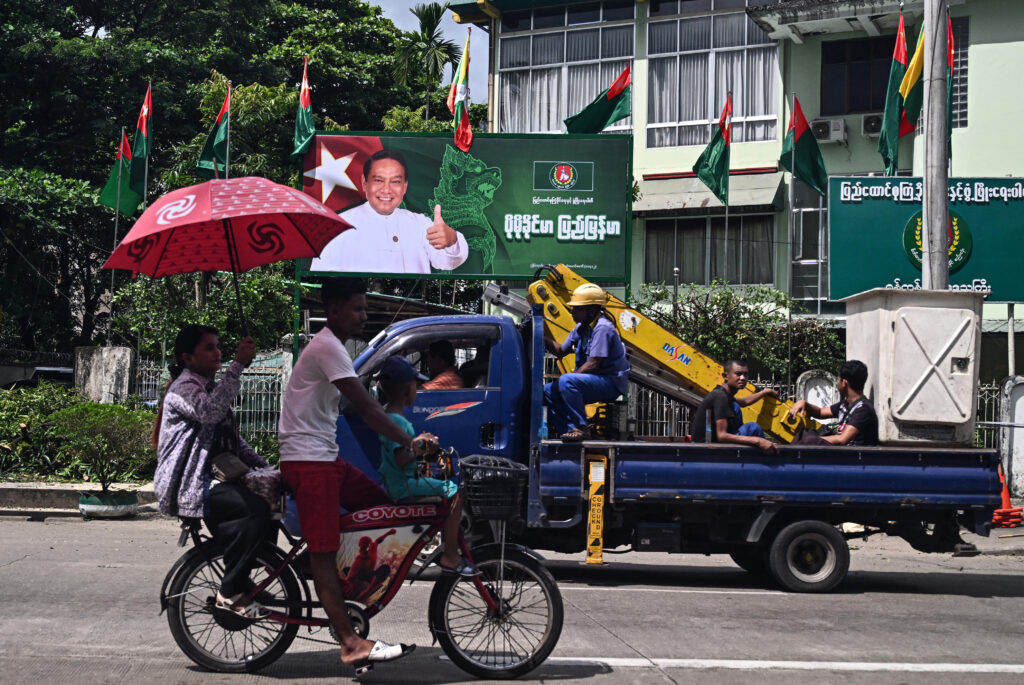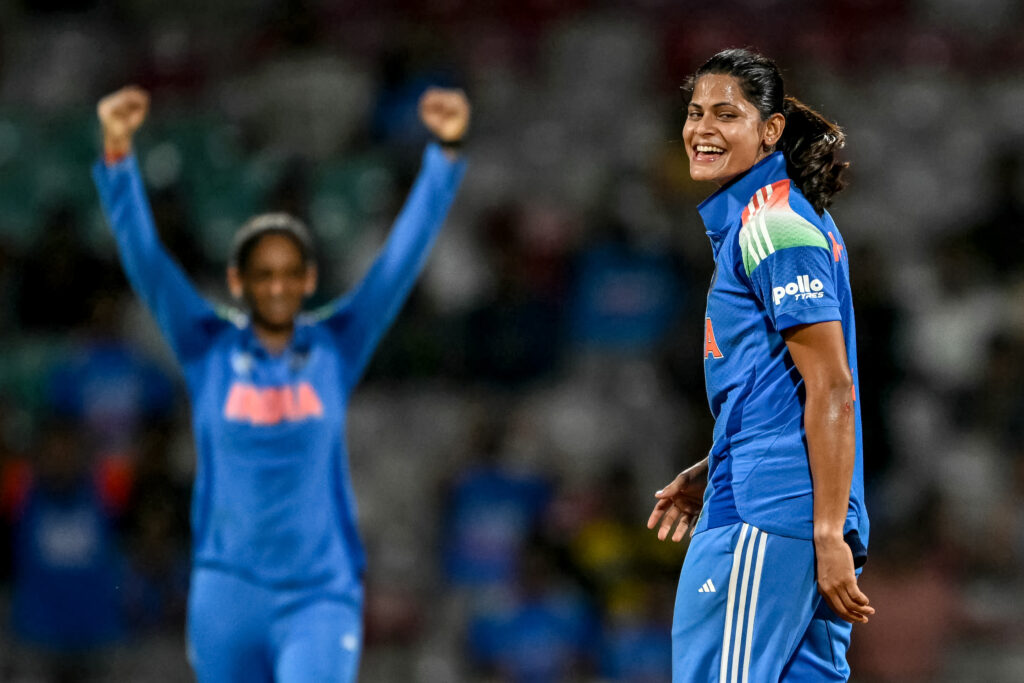Pakistan, Afghanistan extend ceasefire, to hold another round of peace talks
Pakistan and Afghanistan have agreed to extend a temporary ceasefire and will hold another round of peace talks in Istanbul next week, aiming to defuse tensions after a deadly flare-up this month.The talks, set for November 6, follow the worst clashes between the South Asian neighbours since the Taliban returned to power in 2021.Until Turkey and Qatar mediated a ceasefire, more than 70 people were killed and hundreds wounded in violence that erupted after explosions in Kabul on October 9, which Taliban authorities blamed on Pakistan.”All parties have agreed on continuation of ceasefire,” Turkey’s foreign ministry said in a statement late on Thursday, adding that a monitoring mechanism would be established to ensure peace and penalise the violating party.The two sides had been holding talks in Istanbul under Turkish and Qatari mediation until Islamabad said Wednesday that the negotiations had collapsed.The following evening, Turkey announced that the warring parties had agreed to extend the truce.Afghan Taliban spokesman Zabihullah Mujahid said Friday the talks concluded with “agreement that both sides will meet again and discuss the remaining issues”. “The Islamic Emirate seeks good relations with other neighbouring countries, it also desires positive ties with Pakistan and remains committed to relations based on mutual respect, non-interference in internal affairs, and not posing a threat to any side,” he said on X.Pakistan’s foreign ministry confirmed Friday “the ceasefire holds”.”We have taken note of assurances from the Afghan side on this issue,” foreign ministry spokesperson Tahir Andrabi told journalists.Islamabad “hopes for a positive outcome” in the talks, and is “entitled to be this optimistic for the subsequent round” of negotiations, Andrabi said.- ‘Tired’ -Relations between the one-time allies, who share a 2,600-kilometre (1,600-mile) frontier, have deteriorated in recent years. Islamabad accuses Kabul of harbouring militant groups that stage cross-border attacks, particularly the Tehreek-e-Taliban Pakistan (TTP), which it says uses Afghan territory as a base.The Taliban government has consistently denied the allegations.”Our inflexible demand is attacks (should stop) from Afghan soil, and that the Afghan Taliban in Kabul should stop providing shelter to the TTP,” Pakistani Defence Minister Khawaja Asif said in remarks broadcast on state-run PTV.”We are Muslims, brothers, neighbours, but some (in Pakistan), consciously or unconsciously, are playing with fire and war,” Afghanistan’s Interior Minister Sirajuddin Haqqani declared on Thursday.The border between the two countries has been closed for more than two weeks, biting into the earnings of conflict-weary traders.In Kandahar on the Afghan side, Nazir Ahmed, a cloth trader, told AFP both countries “will bear losses”.”Our nation is tired and their nation is also tired,” the 35-year-old said Wednesday.Abdul Jabbar, a vehicle spare parts trader in the Pakistani border town of Chaman, said “trade suffers greatly”.”Both countries face losses — both are Islamic nations,” he told AFP.The violence killed at least 50 Afghan civilians and wounded 447 others in one week, the United Nations mission in Afghanistan (UNAMA) told AFP on Monday.Pakistan’s military said on October 12 that 23 personnel had been killed and 29 wounded, without detailing civilian casualties.
